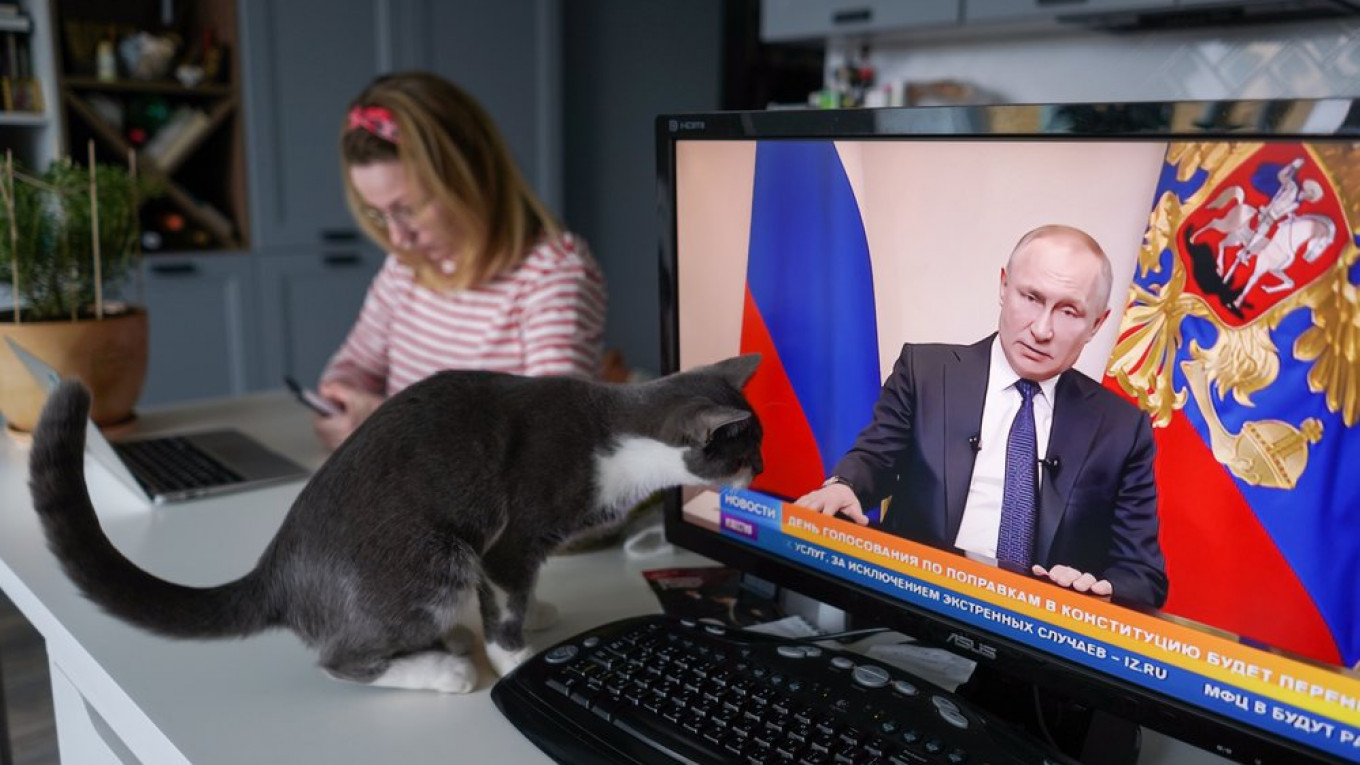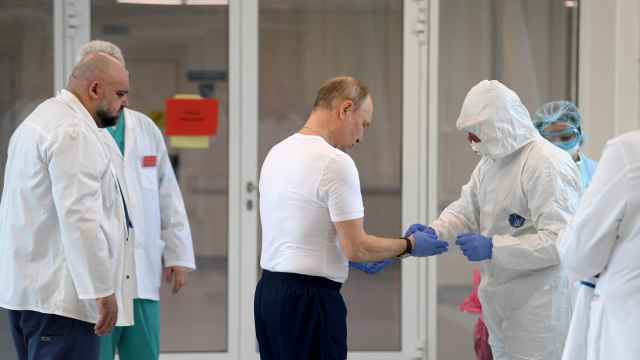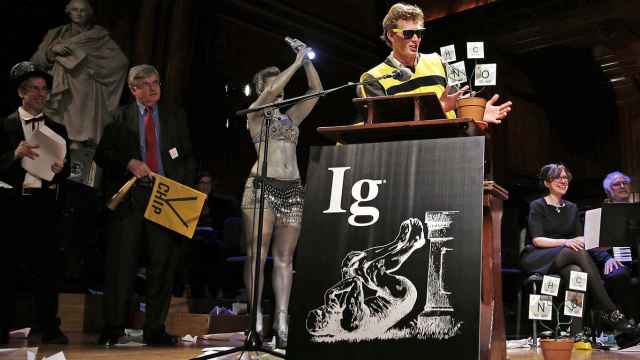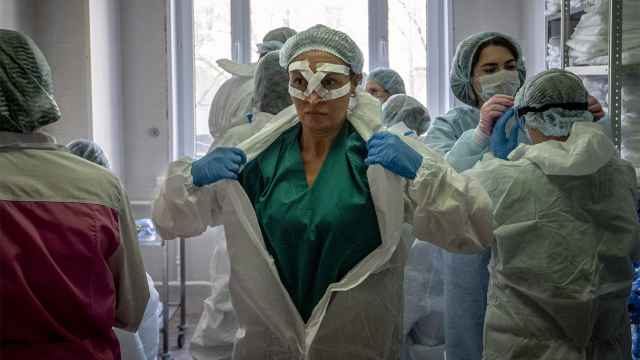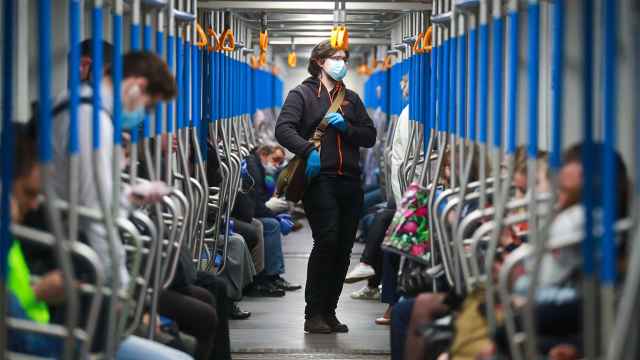President Vladimir Putin has eased Russia’s “non-working” period imposed to slow the spread of coronavirus even as Russia emerges as Europe’s new coronavirus hotspot.
During the nationwide “non-working” period, all non-essential businesses are required to close and employers ordered to continue paying staff. Apart from this, Putin has largely handed decision-making power on lockdown measures to regional authorities.
“Starting tomorrow, May 12, the national non-working period will end for the entire country and for all sectors of the economy,” Putin said in his sixth televised address on the coronavirus.
“But the fight with the epidemic isn’t ending, its threat remains even in territories where the situation is relatively safe,” he added.
Putin extended the regional governors’ authorities to impose restrictions during the outbreak and said doctors will have the “final say” on when to lift restrictions.
Putin said that Russia had used the self-isolation period to prepare its healthcare system, increasing the amount of hospital beds and saving "many thousands of lives."
This "allows us to begin a gradual lifting of restrictions," he said.
"It is in the interest of all of us for the economy to return to normal quickly."
Construction, agriculture and energy should be restarted first, he added.
"The epidemic and associated restrictions have had a strong impact on the economy and hurt millions of our citizens," he said.
As people begin going back to work, mass events are still suspended and "strict sanitation demands" must be observed, Putin said.
He also announced additional economic support measures, including bonuses for doctors, subsidies for companies who retain most of their employees and payouts for families with children.
Earlier Monday, Putin ordered the cabinet and the national coronavirus task force to draft recommendations by Tuesday to gradually lift restrictive measures in Russia’s regions. He ordered the cabinet to provide an “action plan for economic recovery and growth” by June 1.
Authorities in Moscow, the epicenter of Russia’s coronavirus outbreak with 115,909 cases, extended the capital’s lockdown through May 31 last week, a move replicated by other cities and regions. Muscovites will also be ordered to wear masks and gloves in public starting Tuesday.
Moscow’s mayor said that industrial and construction companies will be able to reopen starting Tuesday. The service sector will remain under strict lockdown, with restaurants and cinemas expected to be the last to open their doors, he added.
Putin's “non-working” period has been criticized for what observers say is insufficient support for small and mid-sized businesses required to keep paying employees’ salaries as well as for people who have lost their jobs due to the pandemic.
Russia has seen Europe’s highest number of new cases over the past week, reporting more than 10,000 infections daily. As of Monday, 221,344 people have been infected nationwide — the third-highest number worldwide — and 2,009 have died from Covid-19.
AFP contributed reporting to this article.
A Message from The Moscow Times:
Dear readers,
We are facing unprecedented challenges. Russia's Prosecutor General's Office has designated The Moscow Times as an "undesirable" organization, criminalizing our work and putting our staff at risk of prosecution. This follows our earlier unjust labeling as a "foreign agent."
These actions are direct attempts to silence independent journalism in Russia. The authorities claim our work "discredits the decisions of the Russian leadership." We see things differently: we strive to provide accurate, unbiased reporting on Russia.
We, the journalists of The Moscow Times, refuse to be silenced. But to continue our work, we need your help.
Your support, no matter how small, makes a world of difference. If you can, please support us monthly starting from just $2. It's quick to set up, and every contribution makes a significant impact.
By supporting The Moscow Times, you're defending open, independent journalism in the face of repression. Thank you for standing with us.
Remind me later.


